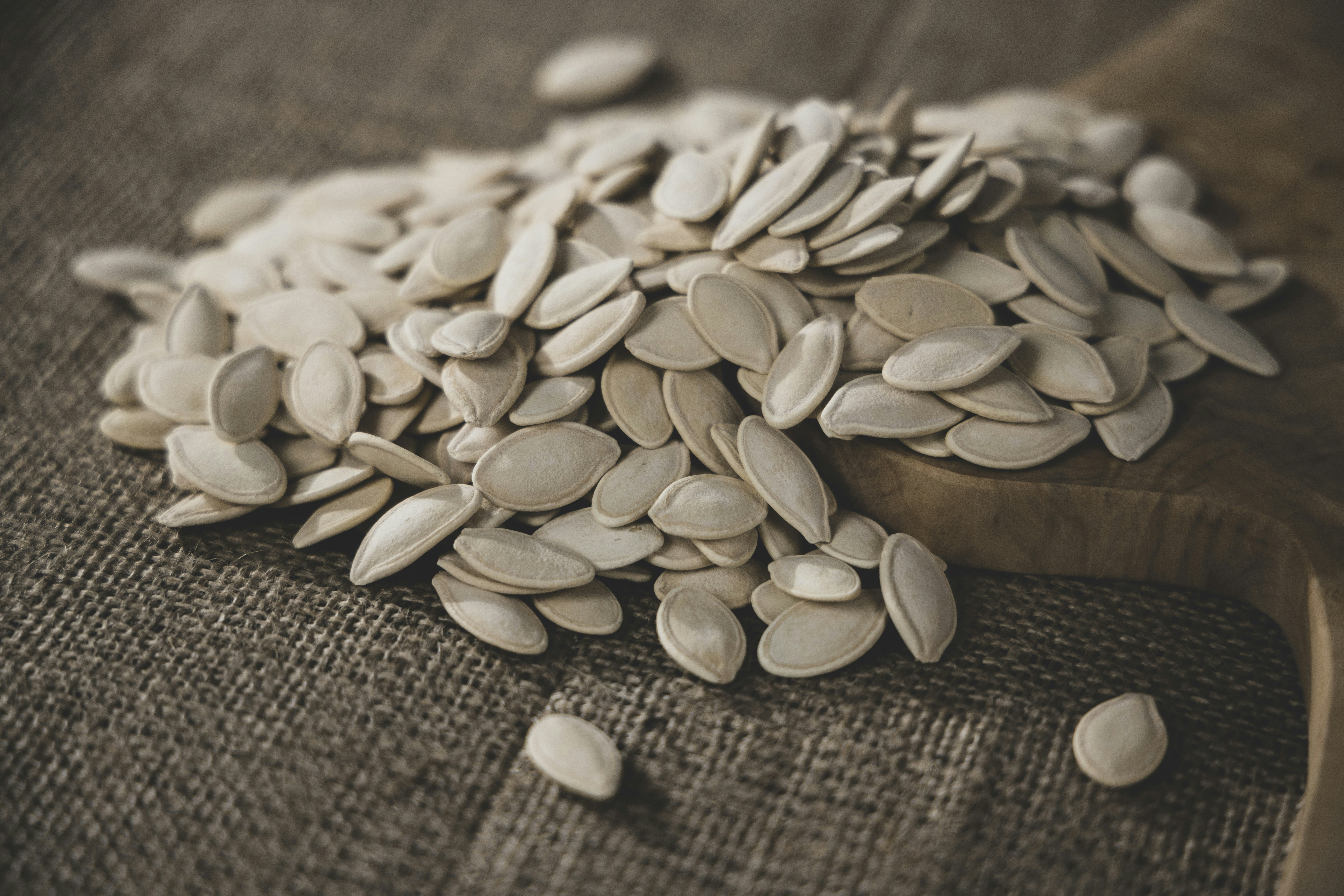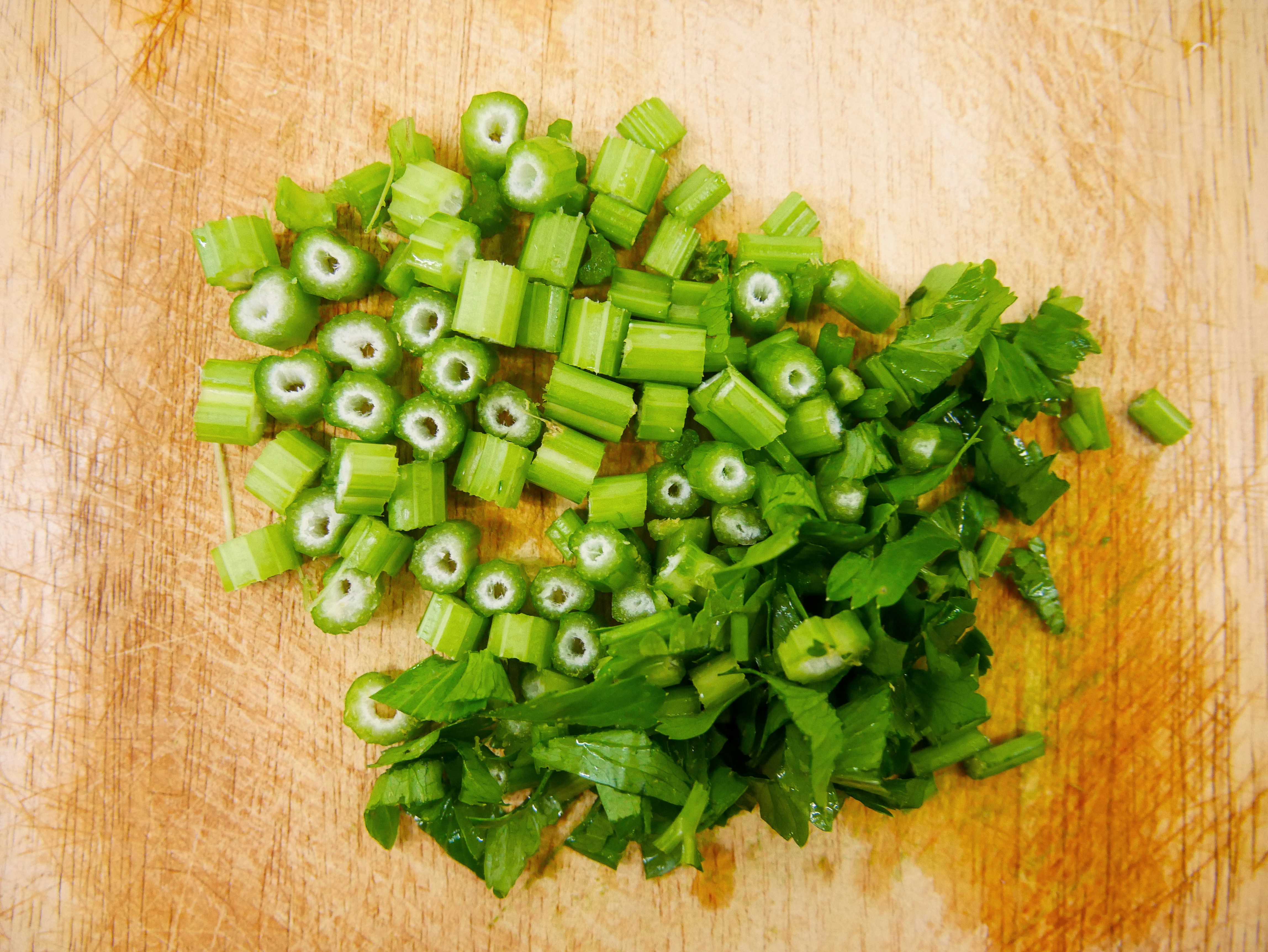The Culinary and Medicinal Marvels of Asparagus

Asparagus, a continuous flowering plant belonging to the Asparagaceae family, is renowned for its versatile uses as a vegetable. Cultivated in several states of Europe, North Africa, and various countries of West Asia, asparagus has a rich history dating back to ancient times. Throughout the years, numerous varieties and adaptations of asparagus have been developed to thrive in diverse climatic and soil conditions.
For centuries, asparagus has been highly valued for its agricultural, culinary, and medicinal properties. In many kitchens around the world, it is eagerly anticipated as a popular vegetable during the spring season. The adaptability and flexibility of asparagus make it a remarkable addition to a wide range of dishes.
The Nutritional Benefits of Asparagus
Asparagus is not only a delicious addition to meals but also a nutrient-rich vegetable. It is a low-calorie food that is high in essential vitamins and minerals. This makes it an excellent choice for those seeking a healthy and balanced diet.
One of the standout features of asparagus is its high content of folate, also known as vitamin B9. Folate is essential for the production of red and white blood cells, DNA synthesis, and proper cell division. It is particularly important for pregnant women as it helps prevent certain birth defects.
Asparagus is also a good source of vitamins A, C, E, and K. These vitamins play crucial roles in maintaining healthy vision, boosting the immune system, protecting against oxidative stress, and promoting blood clotting. Additionally, asparagus contains a variety of minerals such as potassium, iron, and calcium, which are vital for maintaining healthy bodily functions.
The Culinary Delights of Asparagus
Asparagus is celebrated for its versatility in the culinary world. Its tender shoots are commonly used in a wide array of dishes, ranging from soups and salads to stir-fries and pastas. The distinct flavor and texture of asparagus add a delightful element to any meal.
When preparing asparagus, it is important to trim the tough ends of the spears before cooking. This can be done by simply snapping off the woody portion or by using a knife to cut off the fibrous ends. Once trimmed, the asparagus can be steamed, boiled, roasted, or grilled to perfection.
Steamed asparagus, lightly seasoned with salt and pepper, is a classic and simple way to enjoy its natural flavors. Roasting asparagus with a drizzle of olive oil and a sprinkle of parmesan cheese creates a deliciously caramelized and savory side dish. Grilled asparagus, with its slightly charred exterior, adds a smoky dimension to any barbecue spread.
Asparagus also pairs well with a variety of other ingredients. It can be wrapped in prosciutto or bacon and baked for an indulgent treat. Asparagus risotto, with its creamy texture and delicate flavors, is a popular choice among food enthusiasts. Additionally, asparagus can be incorporated into omelets, quiches, and frittatas, providing a burst of freshness to these egg-based dishes.
The Medicinal Wonders of Asparagus
Aside from its culinary appeal, asparagus has also been recognized for its medicinal properties. Traditional medicine has utilized asparagus for various health conditions, and modern research continues to explore its potential benefits.
Asparagus is known for its diuretic properties, which can aid in the elimination of excess fluids from the body. This can be particularly beneficial for individuals with edema or high blood pressure. Additionally, asparagus contains compounds that have been shown to have anti-inflammatory effects, potentially contributing to the management of conditions such as arthritis.
Furthermore, asparagus is a rich source of antioxidants, including vitamins A, C, and E. These antioxidants help combat free radicals in the body, which can cause oxidative stress and contribute to the development of chronic diseases. By incorporating asparagus into your diet, you can potentially enhance your overall health and well-being.
Conclusion
Asparagus, with its rich history and diverse uses, is truly a remarkable plant. Its nutritional benefits make it a valuable addition to any diet, while its culinary versatility allows for endless possibilities in the kitchen. Moreover, its potential medicinal properties make it an intriguing subject for ongoing research.
Whether you enjoy asparagus for its delicate taste, its vibrant green color, or its potential health benefits, there is no denying the allure of this remarkable vegetable. So, the next time you come across a bundle of fresh asparagus at your local market, seize the opportunity to explore the culinary and medicinal wonders it has to offer.
The Fascinating World of Loquat: A Delicious and Nutritious Tree Fruit
The Fascinating World of Celery: A Versatile and Flavorful Plant
The Nutritional Benefits of Dried Roasted Pumpkin Seeds
The Benefits and Disadvantages of Consuming Raw Jackfruit













